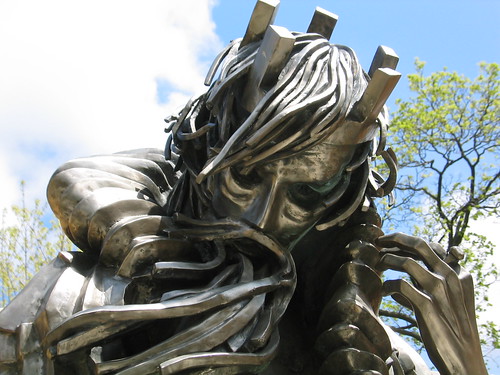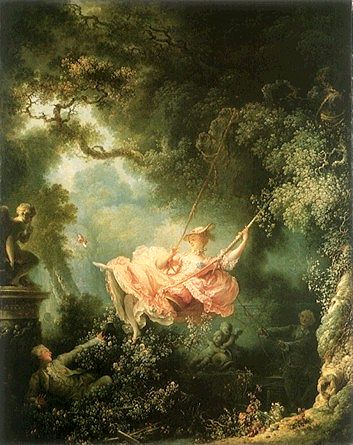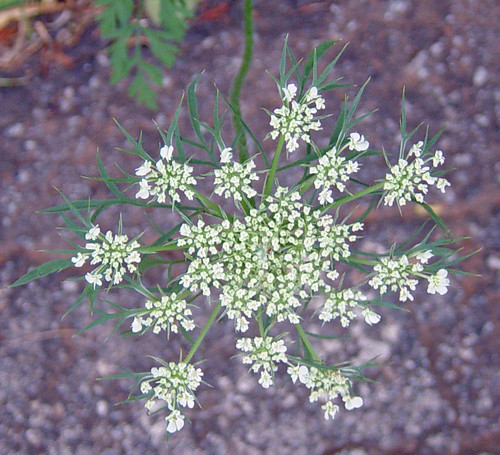THE BOOK
Wide
ISBN: 0393308804 or 978-0393308808
$13.95
BEFORE YOU
Emily White writes, "The novel is Rhys's answer to Jane Eyre. Charlotte Brontë's book had long haunted her, mostly for the story it did not tell--that of the madwoman in the attic,
Jane Eyre will be the first novel we read in September but you might familiarize yourself with the general plot before reading Wide Sargasso Sea.
WHILE
· In your journal make note of some of the themes, motifs, and literary techniques found in Wide Sargasso Sea.
o happiness (the desireability of, the elusiveness of)
o threat (the effect of living with threats)
o identity (racial identity, social class identity, national identity, family
and self, name and self)
o madness (and complications of identity)
o sexuality and power
o reality and dreams
o fires, destruction
o flowers, plants, nature
o narrative perspective (point of view; how does perspective affect perception of identity, perception of reality)
· Also note connections between different parts of the novel; between the novel and other literature you have read, especially Invisible Man (or films you have seen); and between the novel and your own experiences, thoughts, and feelings.
AFTER
· Write two informal open responses. Each response should address one of the issues listed above. Respond to specific passages from the novel. (Use quotations in each response.) Your responses should show understanding of the novel’s particulars (character, setting, plot, use of language, etc.) and insights into the novel’s concepts (motifs, symbols, themes, etc.). In other words, show me that you have read and understood the text; also, show me that you have thought deeply and insightfully about what you have read. Responses should be 300+ words each.
· Write an informal personal response to some aspect of the novel. This response should be 300+ words. Here I’m interested in you showing “critical empathy.” What I mean by that is I want you to show that you can, in some way, personally understand (or relate to or connect with) some aspect of the novel. You may need to stretch yourself a bit to do this. That’s the point of reading imaginative writing!








No comments:
Post a Comment